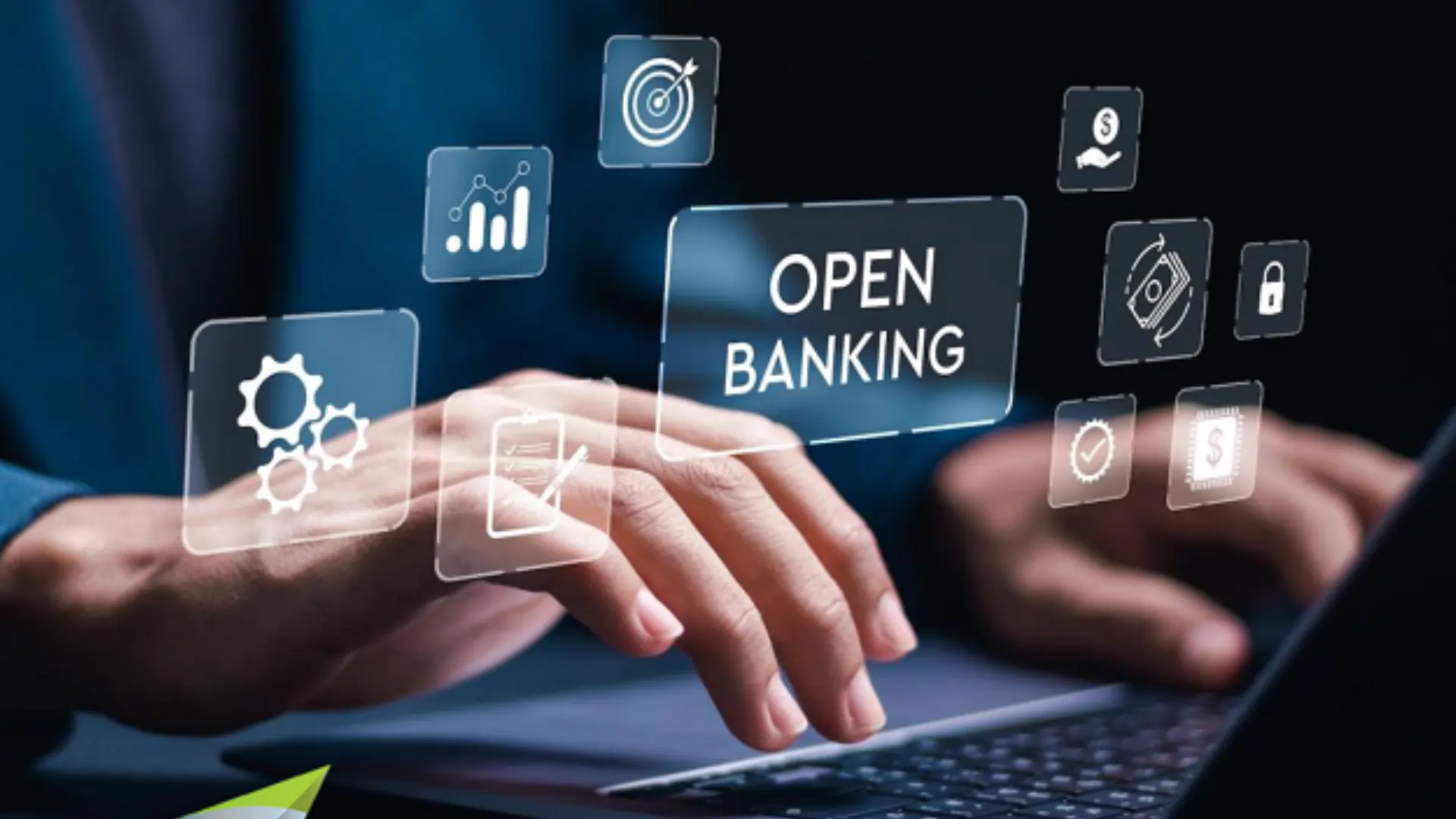
Revolutionizing Financial Services
The traditional banking model, characterized by closed systems and limited data sharing, is undergoing a radical transformation with the rise of open banking. This revolutionary approach, driven by regulatory mandates and technological advancements, is empowering consumers, fostering innovation, and reshaping the landscape of financial services. The impact of open banking is not just about data sharing; it’s about creating a more transparent, competitive, and customer-centric financial ecosystem.
Open banking leverages application programming interfaces (APIs) to enable secure data sharing between banks, third-party providers, and consumers. This data sharing allows consumers to grant permission for their financial information to be accessed and utilized by authorized third-party applications, leading to a range of innovative financial services.
Empowering Consumers with Greater Control
One of the most significant impacts of open banking is the empowerment of consumers with greater control over their financial data. Traditionally, consumers have had limited control over their financial information, which has been locked within the silos of individual banks. Open banking changes this dynamic by giving consumers the ability to grant permission for their data to be shared with trusted third-party providers.
This control allows consumers to access personalized financial services, such as budgeting tools, financial planning apps, and comparison platforms, which can help them make informed financial decisions. Furthermore, it allows consumers to switch between financial providers more easily, fostering competition and driving innovation.
Driving Innovation and Competition
Open banking is fostering a wave of innovation in the financial services industry. By enabling secure data sharing, it creates opportunities for third-party providers to develop new and innovative financial products and services. This competition benefits consumers by providing them with access to a wider range of options and better financial solutions.
For example, open banking is enabling the development of personalized financial management tools that can aggregate data from multiple bank accounts, credit cards, and investment portfolios. This holistic view of financial data empowers consumers to gain a deeper understanding of their financial situation and make informed decisions.
Enhancing Financial Inclusion
Open banking has the potential to enhance financial inclusion by providing access to financial services for underserved populations. By leveraging alternative data sources and innovative technologies, third-party providers can develop financial solutions that cater to the specific needs of these populations.
For example, open banking can enable the development of micro-lending platforms that utilize alternative data, such as social media activity or transaction history, to assess creditworthiness. This can provide access to credit for individuals who may have been excluded from traditional lending models.
Streamlining Payments and Transactions
Open banking is streamlining payments and transactions by enabling direct account-to-account transfers. This eliminates the need for intermediaries, such as payment processors, reducing transaction costs and speeding up payment processing.
Furthermore, open banking is enabling the development of innovative payment solutions, such as instant payments and mobile wallets, which provide consumers with greater convenience and flexibility. This seamless payment experience is transforming the way we transact in the digital age.
Addressing Security and Privacy Concerns
While open banking offers numerous benefits, it is essential to address security and privacy concerns. Ensuring the secure sharing of financial data and protecting consumer privacy is paramount. Regulatory frameworks and industry standards play a crucial role in establishing trust and ensuring the responsible use of open banking.
Furthermore, consumer education and awareness are essential for promoting the safe and responsible adoption of open banking. Consumers need to understand their rights and responsibilities when granting permission for their financial data to be shared.





